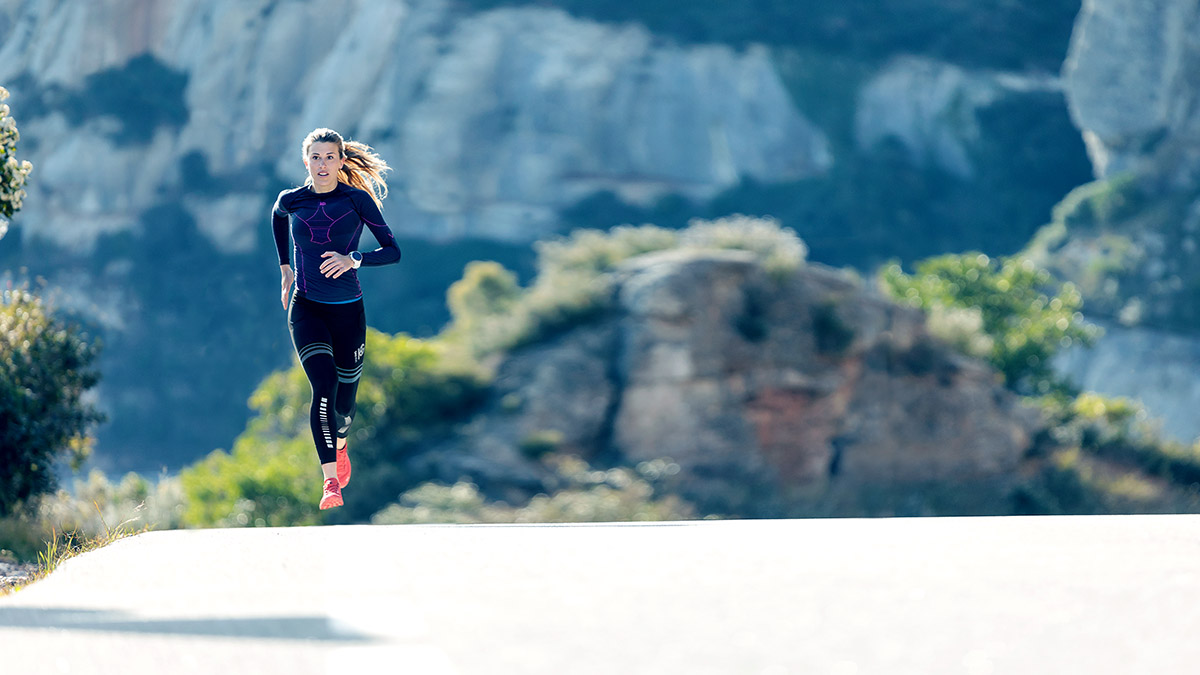We often hear that consistency is key in reaching our goals, which applies to both endurance sports and any other professional activity. But how do we make sure that we maintain consistency long-term, especially as endurance athletes? Here’s what professional coaches and endurance experts have to say, along with their secrets that help them optimize and stick with their training.
1. Let Your Priorities Dictate Your Routine
“For me, it has to start with being honest with yourself in creating your routine,” says former professional triathlete and now high-performance consultant Greg Bennet of Bennet Endurance. “That means prioritizing what’s truly important in your life. I know that sounds vague, but you first should understand what truly matters and what’s important for you, and then you can create a better routine around that.”
Bennet, who is also the host of The Greg Bennet podcast, uses his personal life as an example. “My priority right now is my time with my young children (1 and 3 years old). My fitness is now taking a little bit of a back step, and I’m just doing an hour a day of exercise. It’s just enough to keep moving, so when I have big goals, later on, it won’t be a big stretch, and I will still have some fitness. And then, of course, I have my work.”
Bennet’s triad of priorities then guides his day-to-day life and medium-term commitments. That’s why he has structured his days around his kids’ schedule: he gets up at 4 am (without the need for an alarm) and works from 4 to 7, and from 7 till 8, he works out (gym, run or bike).
“I get a lot done in those hours, and it’s about creating that morning routine: emails, coffee, sitting in front of the computer for the most part. It’s a very disciplined way to live, but if you create a routine that works for yourself, then you need to stick to it.”
2. Get a Good Night’s Sleep
A huge body of research has shown the importance of sleep. Cutting down on hours of sleep to squeeze in training may work in the short term, but it’s a big NO in the long run. Sleep is not only number one in your endurance toolkit, but is the foundation for performing better in anything you do.
“The routine of going to bed at a good time allows the best recovery,” says former professional triathlete Bella Baylis of Team Bayliss. “Sleep has always been important to me, so getting to bed before 10 pm is a must in our home.”
She stresses that the importance of having a good routine is critical to performing well: “Routine helps to bring the best out of an athlete. Knowing that each day at certain times you train, then eat, and then rest” brings out the best from her athletes.
3. Adapt Your Routine When Priorities Change
Bayliss’ priorities when she became a coach and mother have changed from when she was racing full-time. But she says she still tries to focus and limit what she does to get the best results. She’s no longer the center of the equation, but her performance system works similarly—and she still works out at her best, given the new life circumstances.
“Now I prioritize things for my son, and I come second. Work is a necessity now, so that often has to come before me, too,” she says. “However, I try not to pack many more things into my life so that I still have the opportunity to be the best athlete I can be even now when I am 43.”
4. Incorporate Nutrition Into Your Routine
Rebekah Keat, former professional triathlete and now coach of the Team Sirius Tri Club, begins with a green shake and a decaf coffee before having a regular breakfast. “Then 2-3 days a week I do a 16-hour fast, and train fasted in a shorter workout, which I’d recommend once a week for athletes,” she says. Keat also adds that fasted training is “a great thing to do if you’re only doing under an hour, and I don’t recommend it for long-distance athletes.”
Then, when you have found your routine and mojo, it’s also essential to recover from the hard work to repeat it. Everyone is different, but some tips can apply to everyone — like the need to focus on protein intake. “Make sure you get your amino acids. I think many athletes don’t have enough proteins, and we lose muscle mass and bone density after the age of 30,” Keat says.
To make sure you recover well from hard workouts, don’t forget to take in some proteins and carbs after those sessions. This can be in the form of real food (if your meal is shortly after training) or protein shakes if the meal is a few hours down the road.
5. Regularly Address Aches and Pains
Finally, make sure you’re on top of your niggles, and don’t let them slip into something more serious. Massages, at-home massage guns, trigger point balls, and foam rolling can help to keep your muscles in good form before it’s too late — and that can make the difference in allowing you to maintain the routine and consistency you have worked so hard for.









